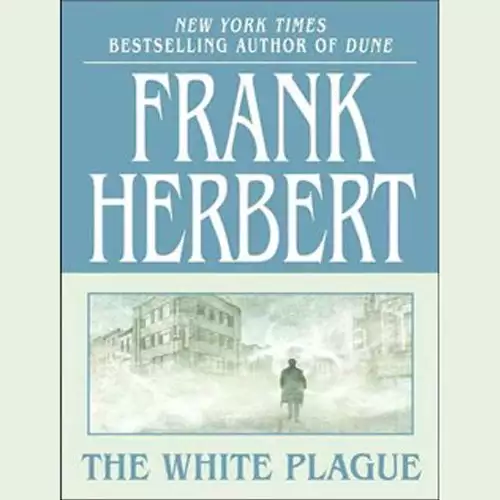May the hearthstone of hell be his bed rest forever!
We hope you are enjoying the book so far. To continue reading...
The White Plague
Frank Herbert
Copyright © 2026 All Rights Reserved
Close
